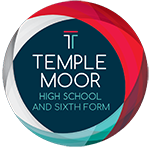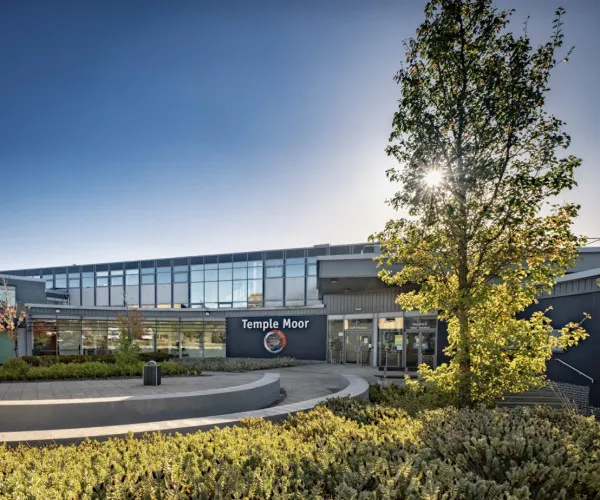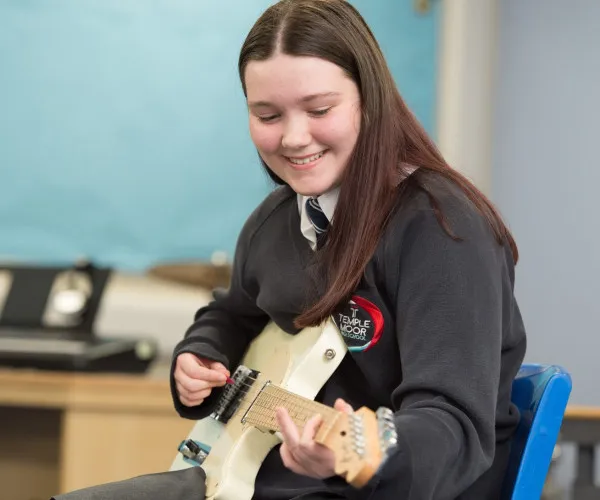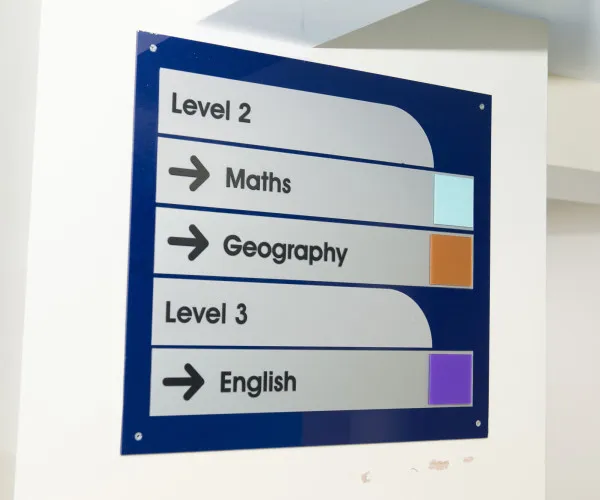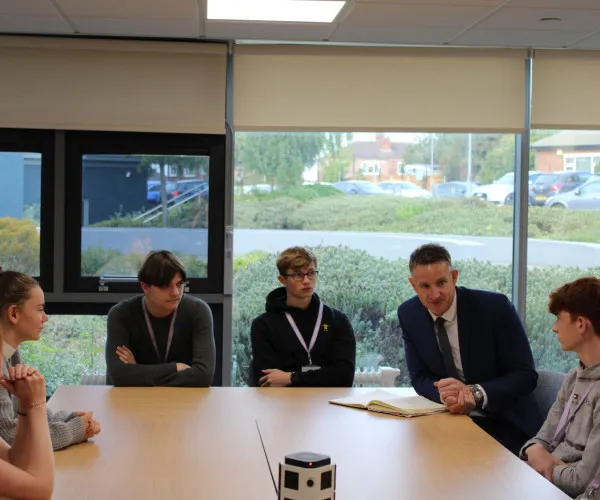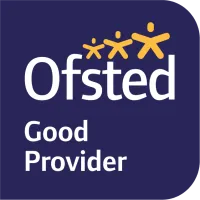- Curriculum
- Assessment
- Form Time
- British Values & Preventing Radicalisation
- Curriculum Subjects
- Art Curriculum
- Business Studies Curriculum
- Communication Curriculum
- Criminology Curriculum
- Design & Technology Curriculum
- English Curriculum
- Geography Curriculum
- Graphic Design Curriculum
- History Curriculum
- ICT Curriculum
- Law Curriculum
- Mathematics Curriculum
- Modern Foreign Languages Curriculum
- Performing Arts Curriculum
- Personal & Character Development
- Photography Curriculum
- Physical Education Curriculum
- Psychology Curriculum
- Read to Succeed
- Religious Education Curriculum
- Science Curriculum
- Sociology Curriculum
- Learning Qualities & Values
- The Options Process
- Supported Study and Revision
Mathematics Curriculum
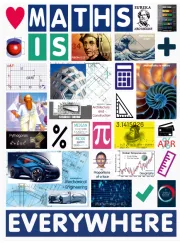 Subject aim
Subject aim
Maths is for everyone. It is diverse, engaging and essential in equipping students with the right skills to reach their future destination, whatever that may be. An ‘Excellent student of Maths’ is able to reason and tackle mathematical problems they are presented with, in order that they can successfully navigate and understand the world as a numerate adult and also as a problem solver.
Our intent to achieve this excellence is by implementing a knowledge rich curriculum for our students which is coherently planned and sequenced towards allowing our students to master the knowledge and competencies required for future learning and employment. Our curriculum is designed to support and enable students to engage with, explore, enjoy and succeed in maths.
Details about curriculum structure:
Across all Key Stages, students will enhance their mathematical knowledge, building on prior learning from earlier years. KS3 builds upon each individual’s KS2 knowledge to ensure they are well prepared for the maths they are expected to undertake in KS4 and KS5. Students student 6 hours per fortnight of maths at KS3, rising to 7 hours per fortnight in Year 9 and 10, and 8 hours per fortnight in Year 11.
Key Stage 3
Year 7
The Year 7 curriculum is predominantly designed to build a solid fundamental knowledge of numbers and the number system. We will look at how various place value systems have been developed and how their multiplicative and additive structures work. We will develop a deeper understanding of the multiplicative nature of proportion and there will be an extensive focus upon developing pre-algebra skills.
Unit 1 – Place Value
Unit 2 – Addition and Subtraction
Unit 3 – Multiplication and Division
Unit 4 – Powers Roots and Prime
Unit 5 – Order of Operations
Unit 6 – Fractions
Unit 7 – Percentages
Unit 8 – Estimation
Unit 9 – Algebra
Year 8
The Year 8 curriculum is designed to build upon previous learning and introduce the study of geometry and statistics. We will explore further the multiplicative nature of proportion and there will be a much greater emphasis on developing the students’ algebraic manipulation and substitution skills.
Unit 1 – Ratio
Unit 2 – Proportional Reasoning
Unit 3 – Polygons and Angles
Unit 4 – Formulae
Unit 5 – Area
Unit 6 – The Cartesian Grid
Unit 7 – Sequences
Unit 8 – Inequalities
Unit 9 – Congruence and Similarity
Unit 10 – Introduction to Data
Unit 11 – Bivariate data
Year 9
The Year 9 curriculum will build upon knowledge and understanding gained in Year 7 and Year 8. The structure and use of the decimal place value system is explored in greater depth. Algebraic relationships, representations of these relationships and how they can be manipulated to solve problems will be explored in greater depth. The study of probability will be introduced and geometry and statistics will be studied further.
Unit 1 – Standard Form
Unit 2 – Introduction to Probability
Unit 3 – Triangles
Unit 4 – Circles
Unit 5 – Advanced Linear Equations
Unit 6 – Advanced Manipulating and Simplifying
Unit 7 – Quadratics 1
Unit 8 – Advance Data
Key Stage 4
Our Year 10 and 11 students follow the Edexcel GCSE Mathematics course.
Our students will follow a Foundation or Higher pathway dependent upon which is the best pathway for them.
The students will be assessed on the following topics: Number; Algebra; Ratio and Proportion; Geometry and Measures; Probability and Statistics.
Throughout Year 10 and 11, students will build upon the skills and knowledge gained in KS3 and be taught explicitly how to answer more complicated exam style problems as well as essential calculator skills.
Year 10
Probability
Measures and accuracy
Equations and inequalities
Circles and constructions
Ratio and proportion
Factors, powers and roots
Graphs
Working in 3D
Handling data
Year 11
Working in 3D
Handling data
Calculations
Graphs 2
Pythagoras and trigonometry
Probability and combined events
Sequences
Units and proportionality
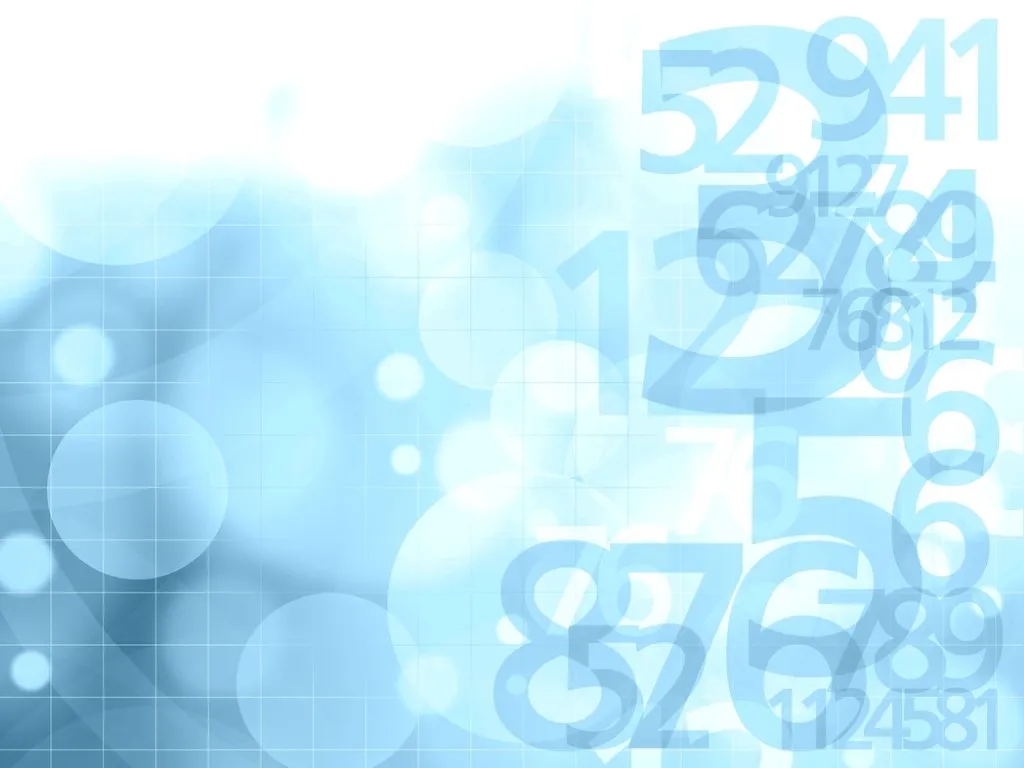
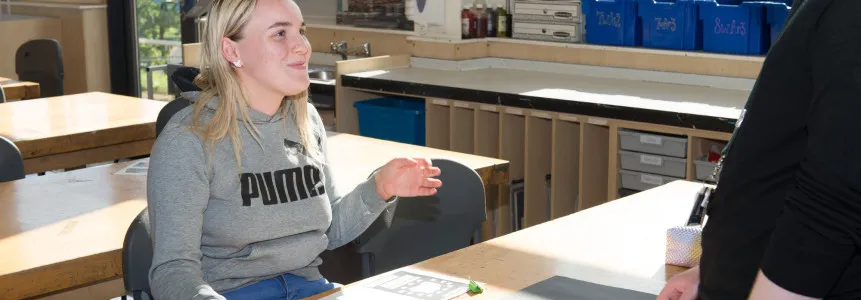
Key Stage 5
Our students will have the opportunity to study mathematics at post 16. We offer three courses; ‘A’ Level Mathematics, ‘A’ Level Further Mathematics and Level 3 Certificate in Mathematical Studies, with all three courses building upon the knowledge and skills gained at Key Stage 4.
Mathematical Studies (Core Maths)
Core Maths is an umbrella term for a specific type of level 3 maths qualification.
This qualification is equal in size to an AS level qualification and is intended for students who have passed GCSE Mathematics at grade 5 or better, but who do not study A level Mathematics. It is usually studied over a two-year period and can be taken alongside A levels or other qualifications, including vocational courses.
Studying Core Maths will help students develop their quantitative and problem-solving competencies. This gives them confidence in understanding the mathematical content in other courses they are taking. Our course focuses on using and applying maths, and includes ideas and skills that support maths in other courses, such as:
- interpreting solutions in the context of the problem
- understanding risk and probability
- understanding sources of error and bias when problem-solving
- working with data
- using exponential functions to model growth and decay
- understanding variation in statistics
- percentage change
- interpretation of graphs
- financial maths
- using standard units
- correlation, knowing it does not imply causation
- the Normal distribution
- making and evaluating assumptions when modelling or problem solving
- Fermi estimation
Year 12
Units studied:
- Introduction to spreadsheets
- Types of and Collecting Data
- Numerical calculations
- Representing data numerically 1
- Percentages
- Fermi Estimation
- Representing data diagrammatically 1
- The equation of a straight line
- Interest Rates
- Collecting and sampling data
- Solution to financial problems
- Surface area and similarity
- Perimeter, circumference and area
- Similarity and Pythagoras’ theorem
- Project Work – Analysis of data or personal finance
Year 13
Units studied:
- Presenting logical and reasoned arguments in context
- Analysing critically
- Communicating mathematical approaches and solutions
- Properties of the normal distribution
- Notation
- Calculating probabilities
- Population and sample
- The mean of sample size n
- Confidence intervals
- Correlation
- The product moment correlation coefficient (pmcc)
- Regression lines
- Calculations
A Level Mathematics & A Level Further Mathematics
A level mathematics builds from the GCSE and introduces calculus and its applications. It emphasises how mathematical ideas are interconnected and how mathematics can be applied to model situations mathematically using algebra and other representations. The helps students make sense of data, understand the physical world, and solve problems in a variety of contexts, including social sciences and business. It prepares students for further study and employment in a wide range of disciplines involving the use of mathematics.
There are three overarching themes:
- Mathematical argument, language and proof
- Mathematical problem solving
- Mathematical modelling
Our ‘A’ Level Mathematicians and Further Mathematicians will follow the Edexcel ‘A’ Level specification. Students following the ‘A’ level courses will complete Pure Mathematics, Mechanics and Statistics modules. In addition to these components the ‘A’ Level Further Mathematics students will complete two modules of Further Pure and two modules of applied further maths, to be chosen by course leaders, to best meet the needs of the class, from Decision, Statistics and Mechanics.
A Level Year 12
Units studied:
- Algebra and Functions
- Coordinate Geometry in the (x,y) Plane
- Trigonometry
- Quantities and Units in Mechanics
- Exponentials and Logarithms
- Vectors
- Kinematics 1 (constant acceleration)
- Forces and Newton’s Laws
- Moments
- Kinematics 2 (variable acceleration)
- Forces at any Angle
- Further Algebra
- Applications of Kinematics
- Algebra and Functions
- Differentiation
- Data Presentation and Interpretation
- Integration
- Statistical Sampling
- Statistical Distributions
- Statistical Hypothesis Testing
- Probability
- Regression and Correlation
A Level Further Mathematics Year 12
Units studied:
- Complex Numbers
- Series
- Algebra and Functions
- Matrices
- Proof
- Vectors
- Calculus
A Level Mathematics Year 13
Units studied:
- Applications of Forces
- Further Kinematics
- Functions and Modelling
- Trigonometry
- Parametric Equations
- Numerical Methods
- Vectors (3D)
- The Normal Distribution
- Proof
- Algebraic and Partial Fractions
- Sequences and Series
- The Binomial Theorem
- Differentiation
- Integration Parts 1 & 2
A Level Further Mathematics Year 13
Units studied:
- Momentum and impulse
- Work, energy and power
- Elastic strings and springs
- Elastic collisions in one dimension
- Elastic collisions in two dimensions
- Complex numbers
- Series
- Methods in calculus
- Volumes of revolution
- Polar coordinates
- Hyperbolic functions
- Methods in differential equations
- Modelling with differential equations
Qualifications which we offer at KS4 and KS5
Key Stage 4:
Key Stage 5:
A Level Mathematics
A Level Further Mathematics
Enrichment and extra-curricular opportunities in the subject
The Maths faculty provides a Lateral Thinking club where students tackle mind bending mathematical problems, doing so collaboratively. This club is primarily driven by the students themselves and has a range of ages participating from KS3 to Post 16
Where could this subject ultimately take you?
Maths is in very aspect of everyday life. The discipline of mathematics will support you whether you are out shopping in the supermarket, to building houses, calculating your own finances to lecturing in top universities, maths is everywhere! It is excellent preparation for study in higher education across a range of disciplines. It also supports progression into almost all careers, including: computing, accountancy and finance, medicine, scientific research, management and consultancy.
Links to other sites which support study in our subject
Contact details to find out more about our curriculum
- Curriculum
- Assessment
- Form Time
- British Values & Preventing Radicalisation
- Curriculum Subjects
- Art Curriculum
- Business Studies Curriculum
- Communication Curriculum
- Criminology Curriculum
- Design & Technology Curriculum
- English Curriculum
- Geography Curriculum
- Graphic Design Curriculum
- History Curriculum
- ICT Curriculum
- Law Curriculum
- Mathematics Curriculum
- Modern Foreign Languages Curriculum
- Performing Arts Curriculum
- Personal & Character Development
- Photography Curriculum
- Physical Education Curriculum
- Psychology Curriculum
- Read to Succeed
- Religious Education Curriculum
- Science Curriculum
- Sociology Curriculum
- Learning Qualities & Values
- The Options Process
- Supported Study and Revision
